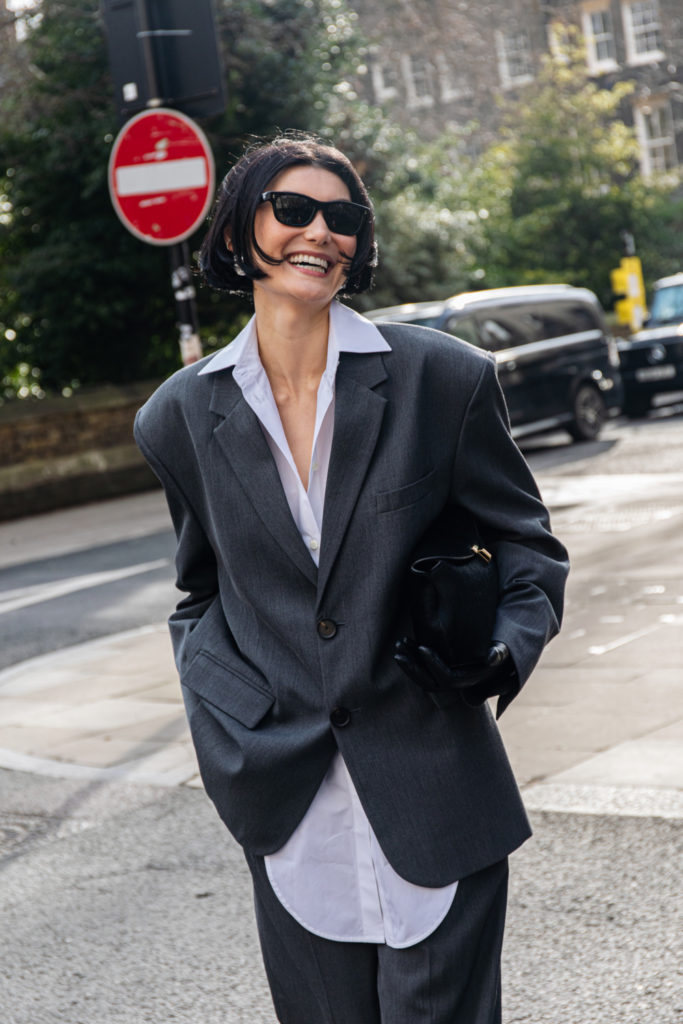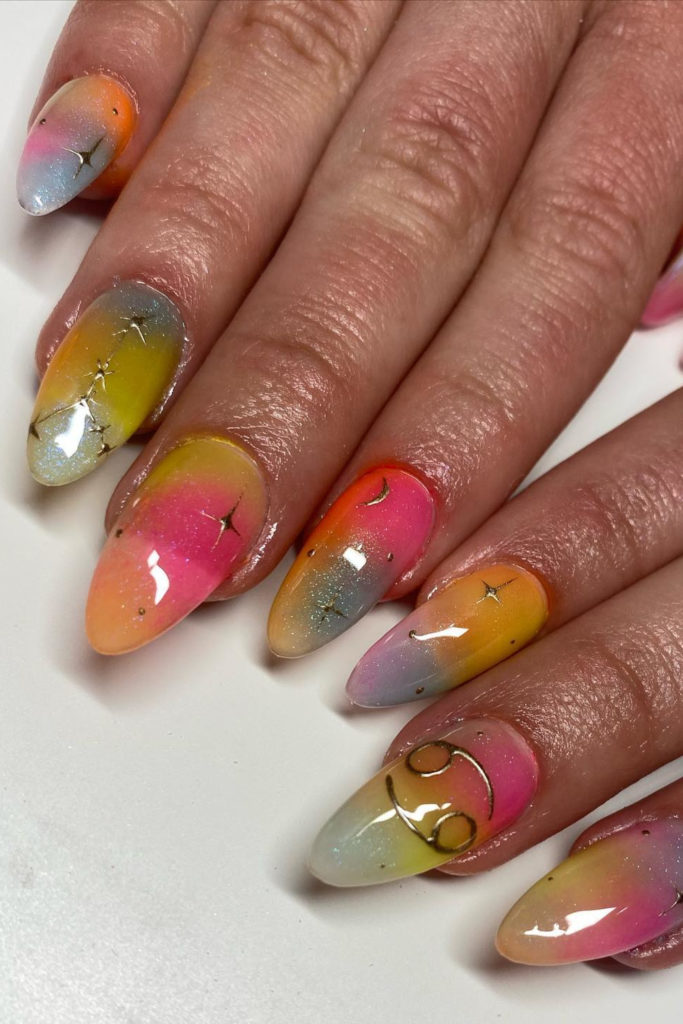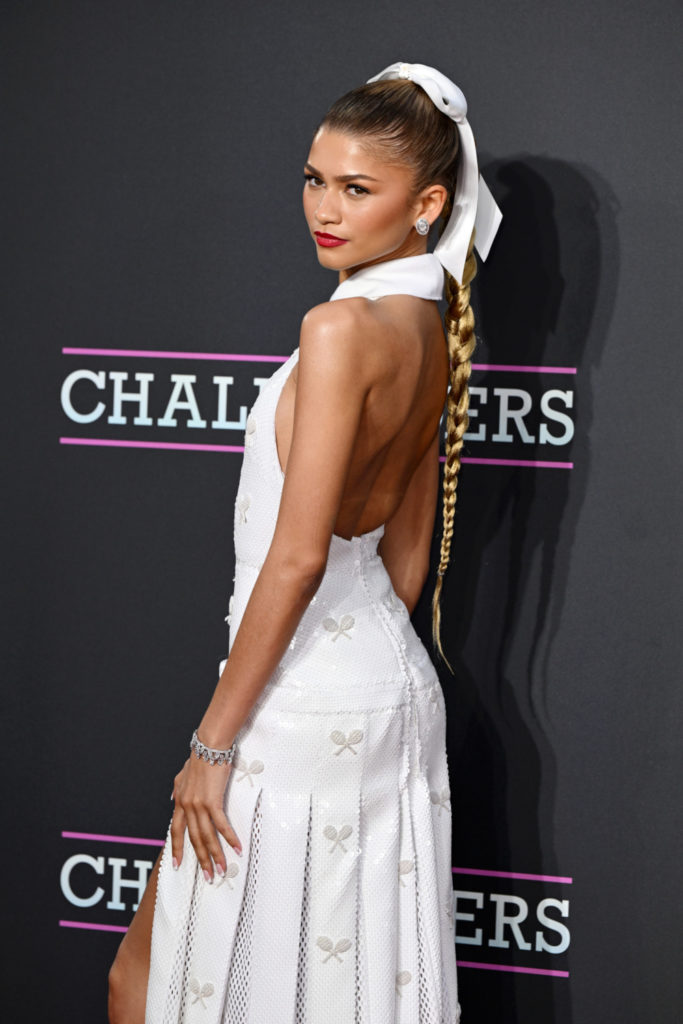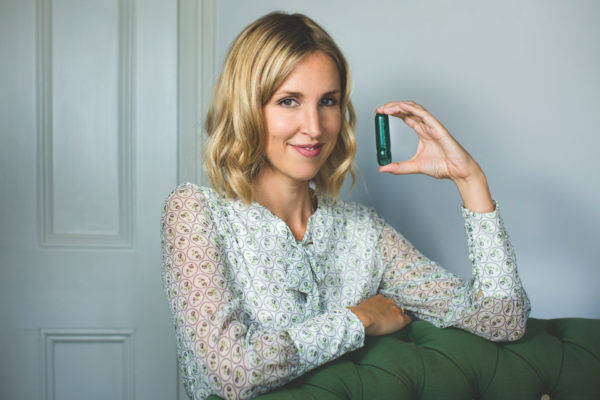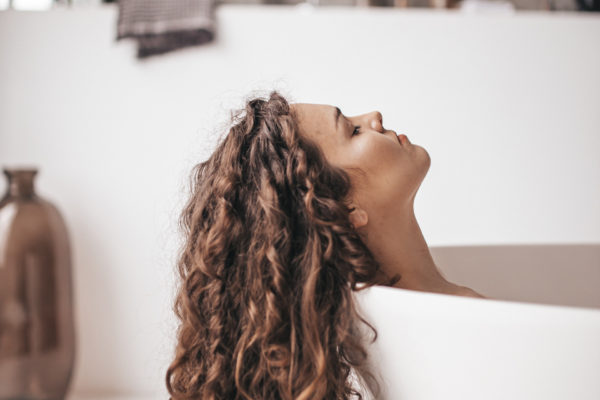Ruby Raut On Launching Her Revolutionary Period Brand WUKA
By
2 years ago
The story behind Britain's first re-usable period pants company
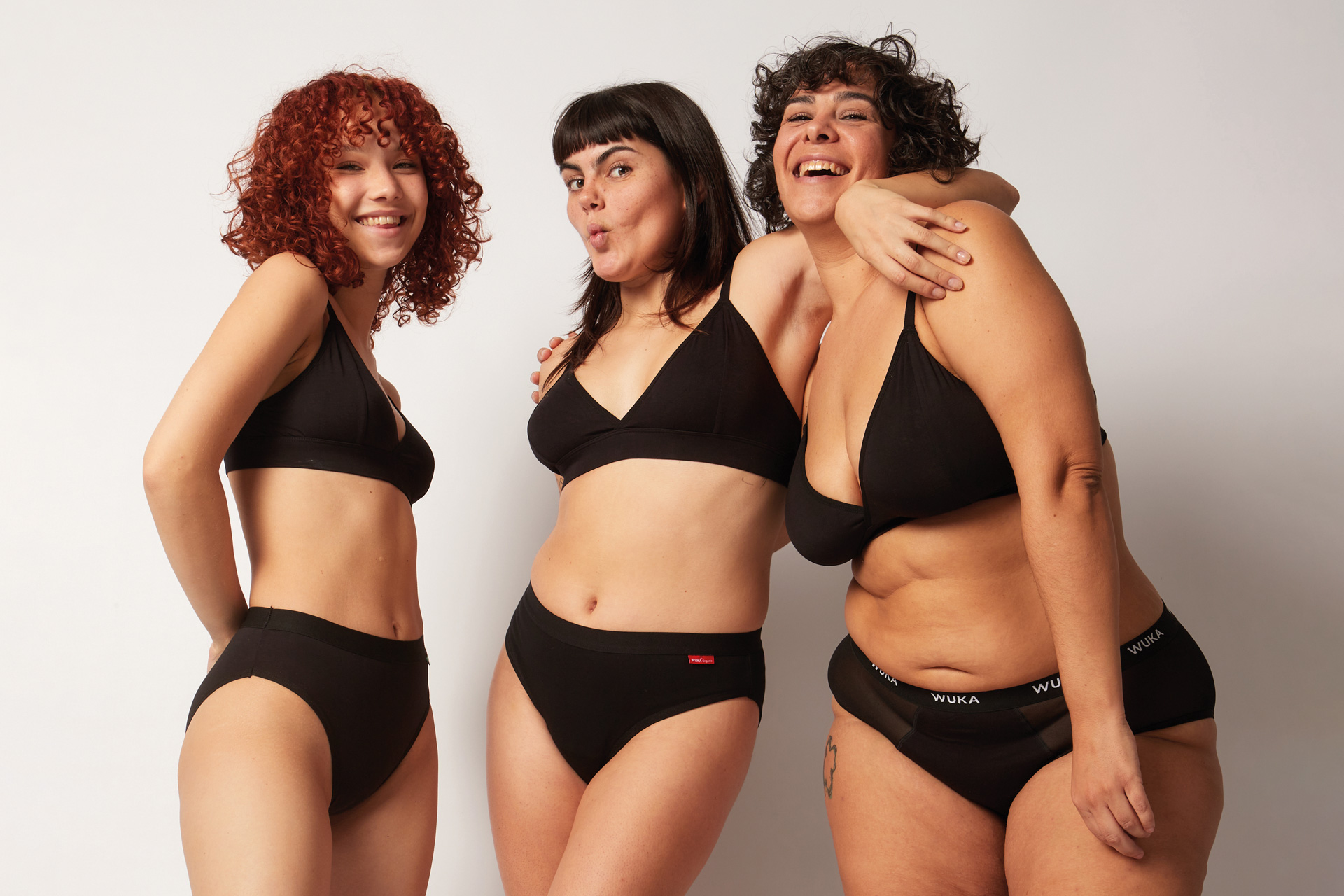
Lisa Grainger meets Ruby Raut, founder of WUKA, the brand revolutionising period products. Since the interview came out in the Sept/Oct issue of Country & Town House, Ruby’s campaign for the recognition of period pants as menstrual products – and therefore not subject to VAT – has been successful, and from January 2024 there will be no VAT on any period products in the UK. The price drop means that WUKA pants will now cost £11.67 a pair from January, down from £14.
Ruby Raut On Launching Period Pants Brand WUKA
Ruby Raut remembers clearly the first time she menstruated. She grew up in Nepal where the word for period, ‘nachune’, means ‘untouchable’. Like many girls she was sent away – luckily for her, to her aunt’s, rather than a remote ‘menstrual hut’ – and given strips of an old sari to line her pants. She didn’t dare venture outside in case the wad of cloth fell out. And when she tried to use a pin to hold it in place, it prodded her flesh. ‘For a young girl, it was so traumatic,’ she says with a shudder.
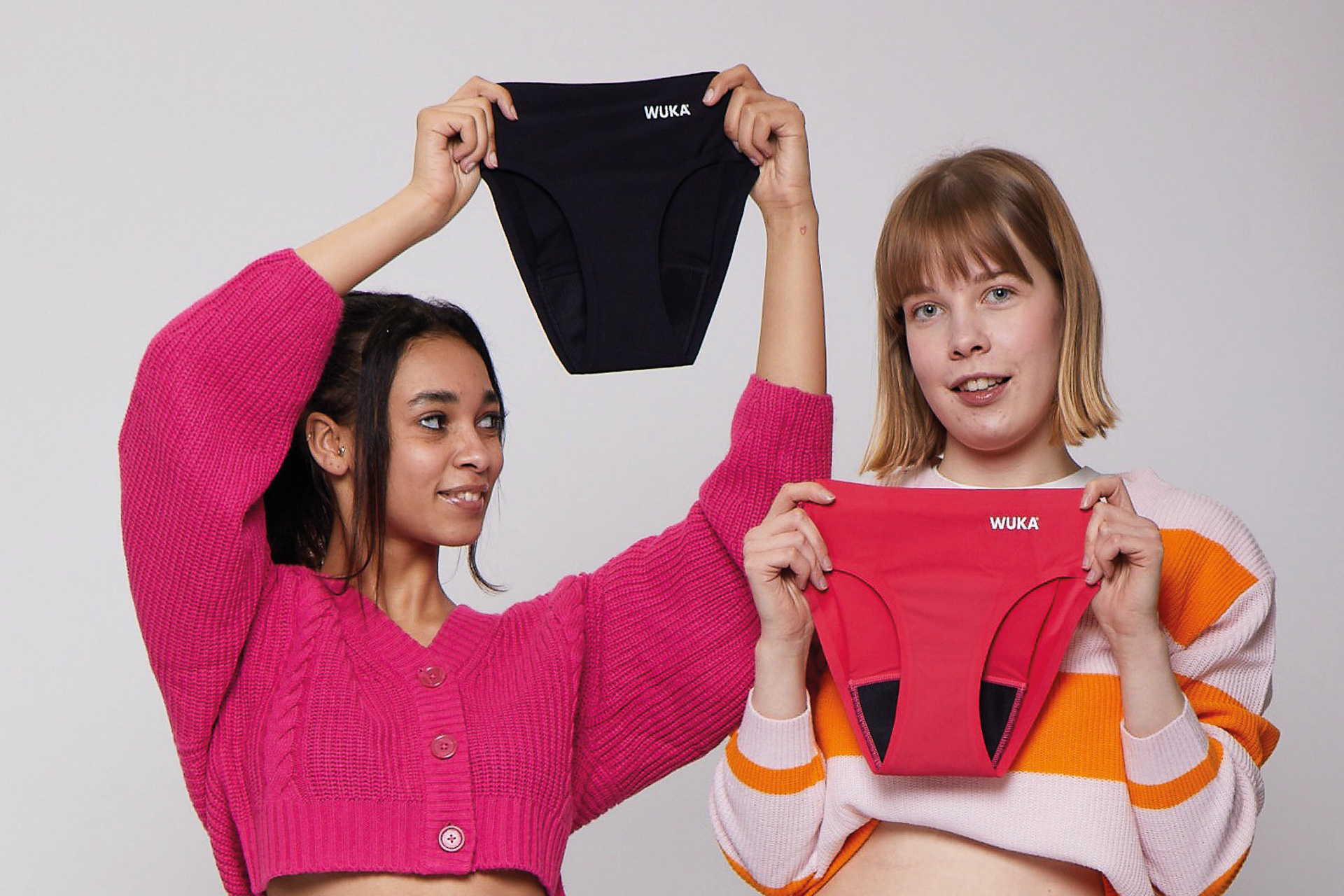
When, at the age of 20, she escaped the destiny of arranged marriage that had befallen her sisters and travelled to the UK to study, she couldn’t believe the range of period products on shelves. Nor could she comprehend how polluting they were. While studying for a degree in environmental sciences, she learned that a staggering 200,000 tonnes of disposable period products annually are dumped into landfill and about two billion are flushed down toilets, often ending up in waterways. To make matters worse, about 80 percent of them contain plastic, which takes decades to break down.
Determined to change that, Ruby set about trying to make re-usable period pants, using a second-hand sewing machine and learning pattern-making from YouTube. The first examples, she says with a laugh, ‘had gussets made with my husband’s old T-shirts and umbrella material to make them leakproof – which obviously didn’t work.’ In 2017, she made 30 pairs she was happy with and the response from local testers was unequivocally positive. She then raised £7,000 on Kickstarter and launched Britain’s first re-usable period-pants company.

Six years after the launch of WUKA (‘which stands for Wake Up Kick Ass, because we believe nothing should hold you back during your period’), the charming CEO has become a hero of girls and women around the world. With her husband, Dave, who left his tech job to help her co-found the company, WUKA has sold more than 700,000 products in 46 countries, in shops from Morrisons to Planet Organic. So many women love them, Ruby adds, that some have started little businesses, selling them in rural areas. ‘My sister sells about 20 pairs a day,’ she says, delightedly.
Ruby now stocks 15 styles – made of sustainable cotton, Tencel and recycled nylon – from thongs and sports shorts to swimsuits. And having spent six years sourcing the best materials and a female-run factory in China, she understands what works. ‘We’re not aiming to be Agent Provocateur,’ she says. ‘But I get mail every day from women around the world saying that I’ve changed their lives: sportswomen who wear our leggings, and mothers after childbirth and older women with leaky bladders. Sometimes I cry, the letters are so sweet.’
For teenagers, Ruby has made helpful packs containing booklets explaining periods. She’s also created gift boxes that can be given to women who might be unable to afford the outlay of three pairs, ‘which is the minimum you need really: one to wash, one to wear, one extra’. The initial outlay of about £15 a pair, Ruby admits, can seem a lot at first. ‘But the average woman will need only about 129 WUKAs versus about 11,000 pads and tampons in her life,’ she adds. ‘So it’s worth it – both for her and the earth.’ They’d be much more affordable, she says, passionately, if the government would recognise period pants as menstrual products, which are taxed at just five percent, rather than clothing, taxed at 20 percent. ‘So if you want to stand up for women, please sign my campaign,’ she urges. Done.
Find out more at wuka.co.uk




